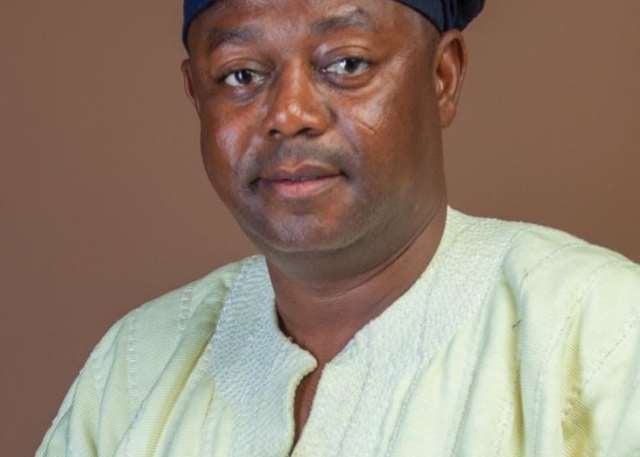This legal dispute centers around allegations of defamation made by a New Patriotic Party (NPP) activist, Mr. Yahaya Fuseini, known as Agbaa, against the former Mayor of Tamale, Mr. Sule Salifu. The controversy erupted following the circulation of an audio recording on social media, in which Mr. Fuseini accused Mr. Salifu of misappropriating government-provided rice intended for drought-stricken farmers. The alleged misappropriation was said to have occurred after the NPP’s defeat in the December 2024 elections, with Mr. Fuseini claiming that Mr. Salifu transported the rice using a trailer and subsequently sold it to a woman in the Tamale market. These accusations have prompted Mr. Salifu to pursue legal action, filing a defamation suit against Mr. Fuseini in the High Court in Tamale.
Mr. Salifu, who served as Mayor during President Nana Akufo-Addo’s second term, vehemently denies the allegations, asserting that they are baseless and have caused significant damage to his reputation. His legal team, led by Alhaji Mohammed Shaibu Abdulai of Lugu Law Chambers, has filed a statement of claim outlining the specific reliefs sought from the court. These include a formal declaration that Mr. Fuseini’s statements were indeed defamatory, an order compelling the activist to issue a comprehensive and unqualified apology and retract his statements within three days of the court’s judgment, a perpetual injunction preventing Mr. Fuseini from making further defamatory remarks against Mr. Salifu, and finally, general damages amounting to GHS 1 million to compensate for the harm caused to the former mayor’s reputation.
The High Court has issued a writ of summons, dated September 5, 2025, and assigned the case the suit number NR/HC/143/25. This writ mandates Mr. Fuseini to appear before the court within eight days of being served with the document. Failure to comply with this directive may result in a default judgment being entered against him, potentially leading to the granting of the reliefs sought by Mr. Salifu without further proceedings. The court now faces the task of determining the veracity of Mr. Fuseini’s claims and deciding whether they constitute defamation in the eyes of the law.
The legal definition of defamation involves the publication of a false statement that harms the reputation of another person, lowering them in the estimation of right-thinking members of society. The court will need to consider various factors in assessing whether Mr. Fuseini’s statements meet this threshold. These factors include the specific wording used in the audio recording, the context in which the statements were made, and the potential impact they could have on Mr. Salifu’s standing in the community. The court’s analysis will likely delve into the nature of the alleged defamatory statements, examining whether they were assertions of fact or merely expressions of opinion. If the court deems the statements to be factual assertions, it will then assess whether those assertions are true or false.
The case also brings to the forefront the issue of the dissemination of information, particularly in the age of social media. The rapid spread of information online, while offering numerous benefits, can also facilitate the dissemination of potentially damaging false statements. This case highlights the potential consequences of making unsubstantiated accusations on social media platforms and underscores the importance of verifying information before sharing it. The court’s decision in this matter could have broader implications regarding the responsible use of social media and the need to balance freedom of expression with the protection of individual reputations.
Ultimately, the High Court will need to weigh the evidence presented by both parties and determine whether Mr. Fuseini’s statements meet the legal criteria for defamation. If the court finds in favor of Mr. Salifu, it will then consider the appropriateness of the requested reliefs, including the substantial damages being claimed. The court’s decision in this case will not only address the specific dispute between the two parties but could also set a precedent for future defamation cases, particularly those involving allegations circulated on social media. The outcome will be closely watched by legal professionals and those involved in political activism, as it could have significant implications for the exercise of free speech and the protection of reputation in Ghana.














